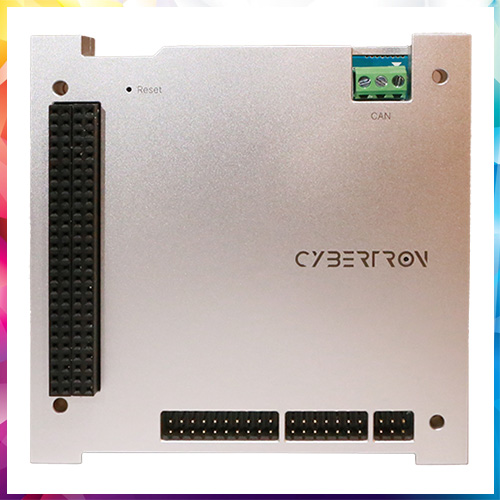
In today’s cloud-first world, traditional Virtual Private Networks (VPNs) are rapidly becoming obsolete.
Designed for static, on-premises environments, VPNs struggle to secure modern distributed networks and remote workforces.
Their “trust but verify” model grants excessive network access, making them prime targets for cyberattacks—nearly 48% of organizations reported VPN-related breaches in 2025.
Legacy VPNs also degrade performance by routing all traffic through centralized gateways, causing latency issues that slow down SaaS applications like Microsoft 365 and Salesforce.
With limited visibility, weak endpoint validation, and scalability constraints, VPNs can no longer meet enterprise security demands.
Modern attackers exploit these flaws through credential theft, backdoor vulnerabilities, and ransomware, turning VPNs into high-value targets.
In response, organizations are replacing VPNs with Zero Trust Network Access (ZTNA) and Secure Access Service Edge (SASE)—cloud-native models that verify identity and device health for each session while enabling faster, direct application access.
With over 60% of enterprises expected to adopt zero trust by the end of 2025, the shift is clear: VPNs are relics of a by-gone era. The future lies in context-aware, identity-driven access that secures hybrid networks without compromising agility or performance.
See What’s Next in Tech With the Fast Forward Newsletter
Tweets From @varindiamag
Nothing to see here - yet
When they Tweet, their Tweets will show up here.



























